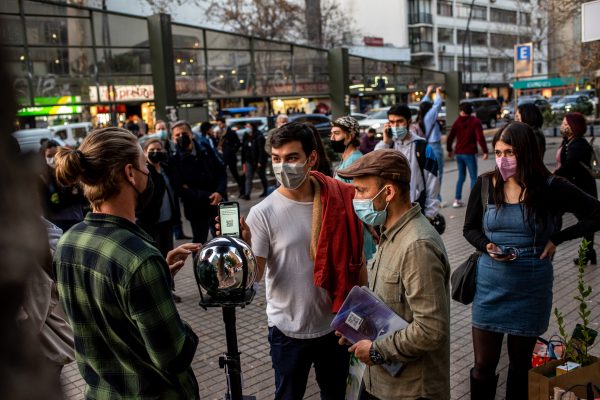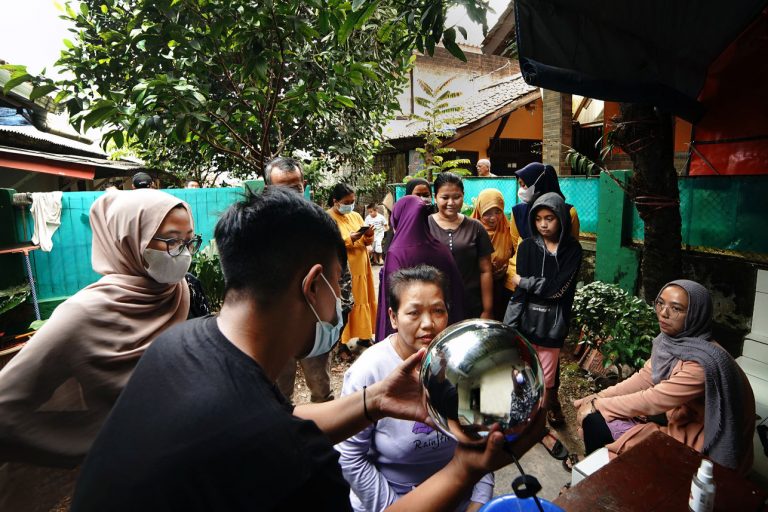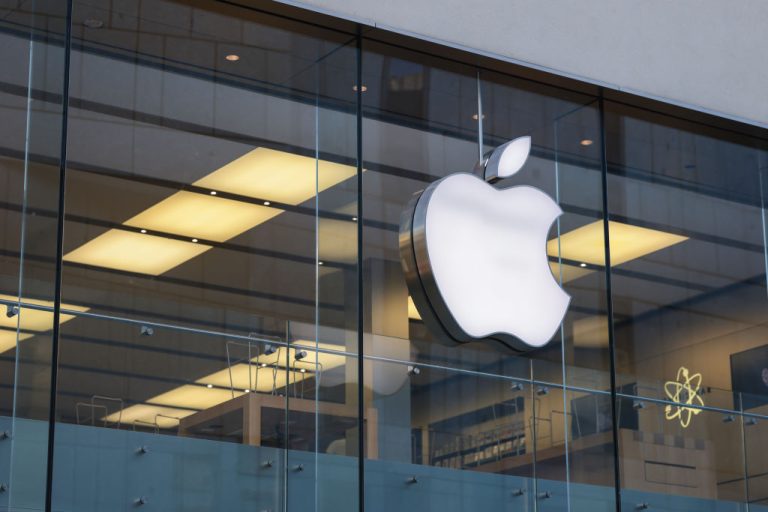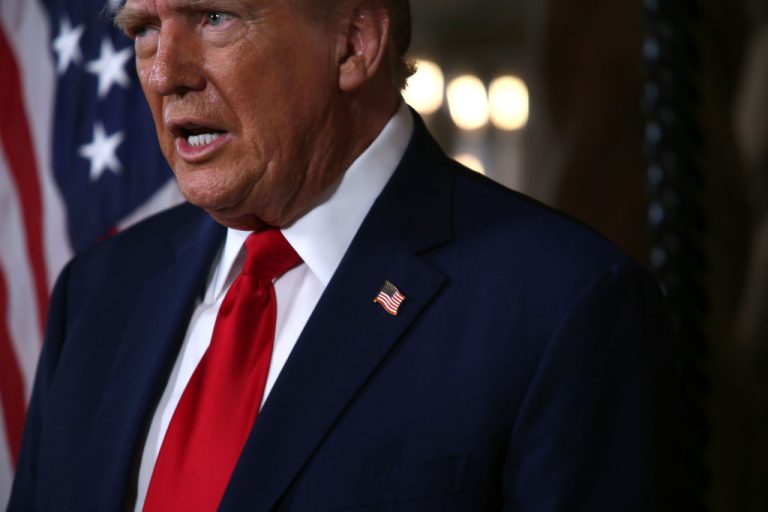A new cryptocurrency is bringing hardware-based biometric iris scanning to the blockchain, inspired by the concept of universal basic income, courtesy of investment by Silicon Valley.
The project, called Worldcoin, was co-founded by Alex Blania, a man who’s LinkedIn profile shows a modest 6 months of work experience as a Caltech researcher and a Master Student at the Max Planck Institute for the Science of Light, and former Y-Combinator President Sam Altman.
The company’s website lists investors as big as Coinbase and Digital Currency Group, and media reports say LinkedIn founder Reid Hoffman is among the individual investors. Combined, Worldcoin has generated $25 million in capital and values itself at a not-so-modest $1 billion USD.
RELATED ARTICLES:
- Bitcoin in the Jaws of Communist China
- UK Police Raid Suspected Cannabis Grow-op, Find Bitcoin Mine Instead
- Communist China Using Water to Create Chaos, Fueling Crypto Mining
Worldcoin touts its goals as rooted in the establishment concepts of equity, “Imagine a world where everyone around the globe, regardless of who they are, could participate in the growing space of digital economies and benefit from decentralized, collective ownership. What would it take to get there?”
Success
You are now signed up for our newsletter
Success
Check your email to complete sign up
“So far, crypto as a technology has only reached about 3% of the world’s population,” states the About section of the website. “While there have been amazing technological breakthroughs, there has not yet been a successful, concerted effort to achieve widespread, global adoption.”
In comments given to TechCrunch on Oct. 21, Blania said that socialized, centralized income distribution was a consideration in the creation of the project, “[Worldcoin] started with a discussion that universal basic income will eventually be something that is very important to the world, and in general, getting access to the internet economy will be much more important than is obvious at this point.”
In a June interview with Bloomberg, Altman echoed a similar sentiment, “I’ve been very interested in things like universal basic income and what’s going to happen to global wealth redistribution and how we can do that better.”
“Is there a way we can use technology to do that at global scale?” he asked.
The company says it “aims to overcome [the] coordination problem” of crypto’s minority adoption through “aligning the incentives of all participants and allocating the majority of the currency to new users as a reward for joining the network.”
It explains, “Distinguishing new users in a way that can scale to the whole world is a hard problem. Our approach relies on a custom biometric device – we call it the Orb – that verifies the uniqueness of a person through iris recognition, while preserving their privacy through zero knowledge cryptography.”
Worldcoin claims it will use the Orb to distribute itself, which is not a blockchain or protocol on its own, but simply an ERC20 token created on the Ethereum network, by scanning the iris of users at the time of signup for the purpose of ensuring that they are a genuine human and not a bot, a picture of an eye, or an animal.

The company claims its system does not store a copy of the user’s iris, but only creates a unique “IrisHash” linked to the client’s account.
The Orb is a proprietary device created specifically for the project, say the creators, “From the outside, the UX is simple: users simply look into the camera (which is behind the black surfaces) and press a button.”
“On the inside of the Orb, a custom optical system automatically finds the user’s eyes and brings them into focus. The Orb then captures high-resolution images of both irises at multiple infrared wavelengths, then uses them to locally compute the user’s IrisHashes.”
The rollout to date has been small and localized to the developing world. Worldcoin says it has distributed only 30 Orbs to 25 operators across 12 countries in Africa, South America, Europe, and Asia, but says it intends to rapidly expand, “After launch and an initial Orb production ramp-up phase, around four thousand devices will be distributed per month.”
Worldcoin says its business model is to utilize “entrepreneurial individuals all around the world who apply to receive an Orb to run independent operations in their communities.”
The company calls these entrepreneurs “Orb Operators” who “have the autonomy to build their operations from the ground up, doing everything from running their own marketing campaigns to collaborating with local partners.”
According to Worldcoin, most Operators have been able to onboard about a thousand new users per week. Operators are paid a fee in the form of Worldcoin ERC20 tokens for each user they scan. Additionally, new users are distributed a portion of the ERC20 contract’s fixed 10 billion tokens at the time of sign up.
Blania told CoinTelegraph in an Oct. 21 article that the project had garnered notable success in Indonesia, “An Orb operator in Indonesia partnered with one of the biggest food delivery companies in the country to sign up every driver, rented a whole storefront in a shopping mall to leverage high foot traffic, and was even invited by the chief of a nearby village to introduce the whole village to Worldcoin.”
“His experience with this village was so successful that it resulted in eight other villages asking him to do the same.”
The company distributed 20 percent, or 2 billion of its tokens, to itself at the time of creation in order to “fund Orb production and initial protocol development,” a practice which is an effective de facto standard in the crypto industry.
Worldcoin says “To incentivize early adoption of the currency, the number of tokens that users and Operators receive per sign-up will decay over time.”
The company reiterates that it is “deeply committed to giving Worldcoin to everyone on Earth,” but caveats that “legal uncertainty in some places – including the U.S. and China – means we will not deploy Orbs in these countries right away.”
Blania told Business Insider in an Oct. 23 article that the amount users who sign up receive is not currently decided, but is paraphrased as saying, “The amount will range from $20 to $100, depending on when they sign up,” and quoted as stating, “The earlier they come, the more they will receive.”
However, at present, Worldcoin is not traded on any crypto exchange, meaning, the ERC20 tokens are worth only as much as an individual holder can barter for.















